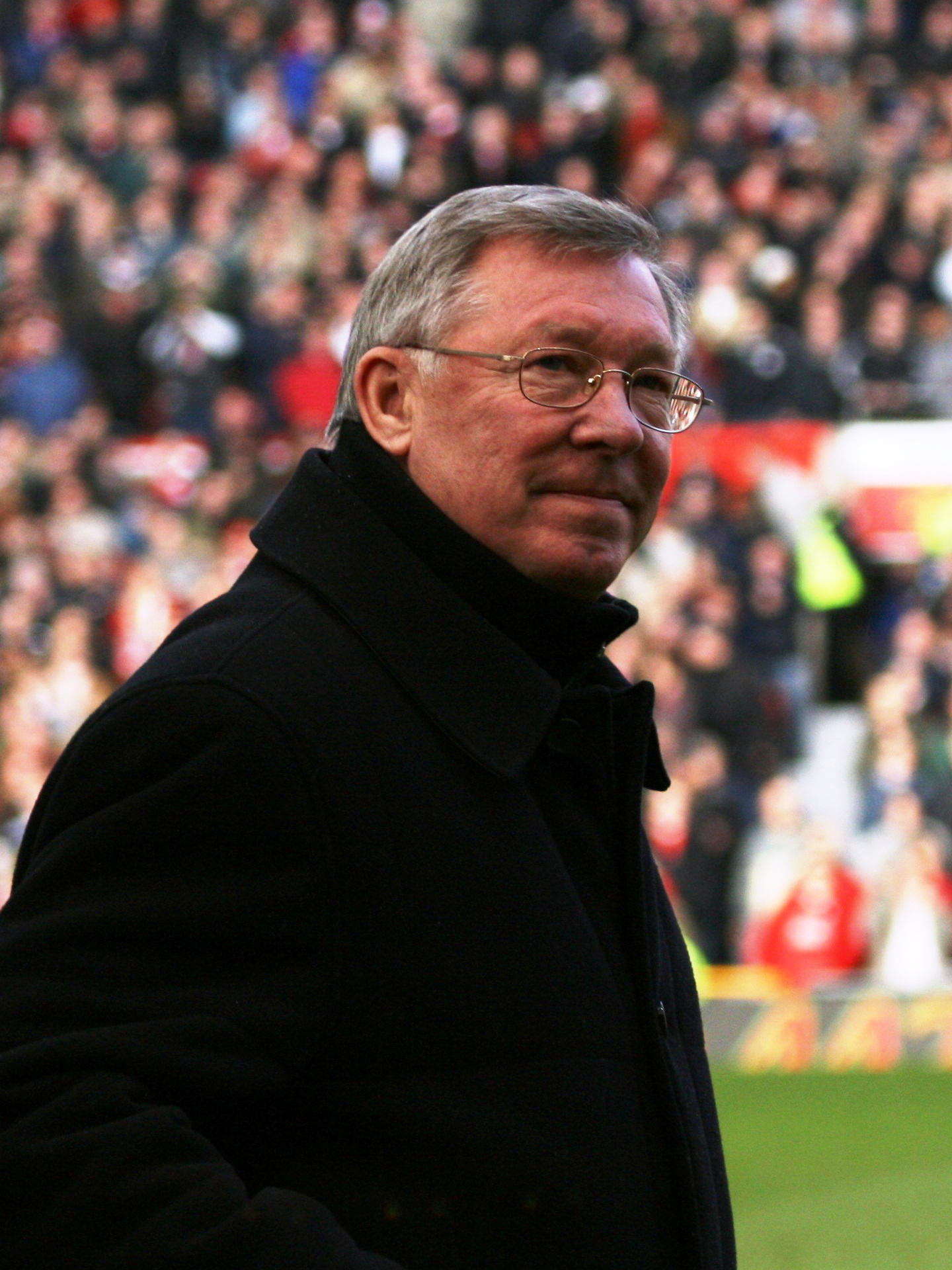If transfer silly season has taught us anything, and for the
most part it hasn’t, it’s that football fans are the currency of media more
than ever.
It is in the interest of news websites to get views. That is
the long and short of it, and the best way to get that is through
sensationalism.
.jpg) |
| French and a striker? It's a lifetime of Arsenal transfer links for you Mr Benzema! |
Every football fan
wants to believe their club has a chance of signing a top player, so the media
will latch onto tenuous information to create a sensational rumour. Of course,
deep down in our hearts we know that about 1% of transfer rumours have any
credibility, but if someone is suggesting Benzema to Arsenal is on, I am sad
enough to want to believe that information. Once I’ve clicked, the credibility
of the article is almost irrelevant.
Pedro to Chelsea is a fine example.
| A lack of game time will surely make you a prime candidate for transfer speculation. Add to that a team's rumoured need for a player of that position, and you've got yourself a transfer rumour! |
Once it had been established that Pedro might not be happy
with his playing time at Camp Nou, and that Manchester United were open to
bringing an attacker in, it served media interests to attract United fans with
stories of Pedro and Woodward enjoying a romantic meal before the Spaniard
agreed to come to Old Trafford and bring back the glory days. Or something similar.
‘Surely a winger will make United title challengers!’
I’m sure United fans, who are by no means the first to get
carried away by such talk, thought it was on.
When it turned out United had not signed Pedro, the media
turned pretty nasty. ‘Foolish United, missing out on Pedro! Woodward’s let
another one slip through his fingers!’
I am no stranger to this as an Arsenal fan. The number of
players I’ve been told Wenger has let slip through his fingers, knowing full
well that either A) He was never in for them, or B) He decided he didn’t really
want them, is a great many.
Of course, the media has built this story up for a week now based on very little, so there is an
anger there that United have shown them up.
Ultimately, this doesn’t damage United so much as it damages their
fans.
They are the ones on Twitter, desperately searching, like
all fans, for possible transfers. They are the ones who will feel the sting of
the memes, the derision. The new brand of media outlet is the worst for this, where
vines and memes poke fun at any team depending on the prevailing wind.
Certainly it helps to be able to laugh at one’s own fortunes,
but football ‘fandoms’ are filled with those who, media outlets know only too
well, take their club very seriously. The constancy of these vines and memes, a
stream of football consciousness, serves to stir fan rivalries, and while supporters
argue armed only with bare statistics, the designers of this madness watch
as the likes and shares pour in.
It’s pretty irresponsible, but it is the perfect representation
of the internet age.
The fan-blog is therefore the saviour of the modern supporter.
Like taking refuge from dismal weather, these fan-penned websites offer the
warming embrace of honest and surprisingly self-aware assessment.
Fans are the harshest critics of their own team, but the
criticism comes from a good place. On these blogs the team’s interests are the
sole currency, rather than the ire of fans. Of course this isn’t the case for all fan blogs, but many I have come across
seem to have admirable sentiments.
I have been reading Nick Hornby’s ‘Fever Pitch’, and above
all, what struck me was the hopelessness of it all. Supporters go through so
much disappointment and joy in equal measure it is hard not to feel sympathy
for them. I don’t consider myself a hardcore supporter by any stretch. An hour
after a disappointing result I have usually simmered down, and equally I can
put a win into perspective.
But for some football means a great deal more, and to me it seems greatly unfair to emotionally manipulate a group of people made
vulnerable by an unbowed belief that things might get better.




